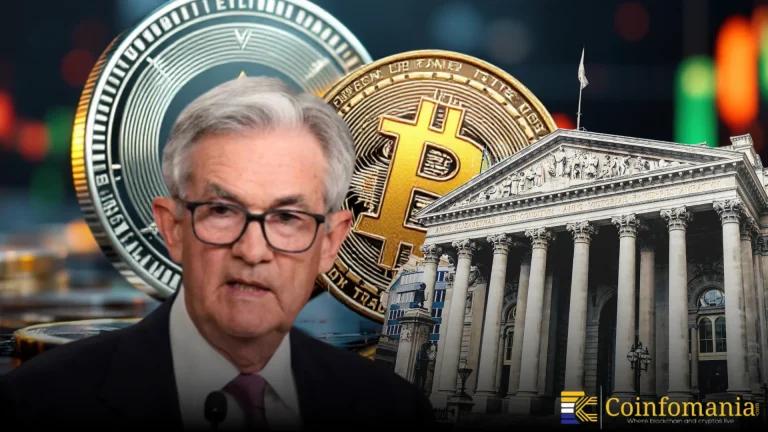Coinbase Seeks Sanctions After SEC Texts Go Missing
Coinbase Sanctions motion challenges SEC over deleted Gary Gensler texts, raising questions of accountability, fairness, and regulatory.

Quick Take
Summary is AI generated, newsroom reviewed.
Coinbase Sanctions motion targets SEC after deletion of key texts
SEC Inspector General confirms device reset caused record deletion
Coinbase cites double standard as SEC fined firms for violations
Record loss extends to 20 senior officials with weak safeguards
Coinbase Sanctions could reshape enforcement strategy across crypto industry
Coinbase just pushed things harder in its fight with the SEC. They’ve now asked the court for sanctions after finding out that almost a year of Gary Gensler’s SEC texts got deleted. The gap runs from October 2022 to September 2023, right across the time when FTX collapsed and while the SEC was going after Coinbase with multiple enforcement actions. For Coinbase, those missing texts aren’t small. They say this could have been key for their defense in the ongoing crypto lawsuit. By filing for sanctions, Coinbase is flipping the script and pointing to the SEC’s own compliance failures.
Deleted Records Raise Questions About SEC Accountability
The Inspector General’s report makes it clear this was not a random glitch. The deletion happened when Gensler’s government-issued phone was reset under an SEC IT policy that wipes devices after 45 days offline. The problem is that these texts contained mission-related conversations, including discussions about timing enforcement actions against trading platforms. The report found that 38% of the recovered messages were tied directly to agency business. A regulator with a reputation for tough oversight losing records at such a critical time naturally sparks questions about accountability and fairness.
Double Standard in Coinbase Sanctions Argument
Since 2021, the SEC has gone after more than 100 firms for failing to keep proper records. Those cases brought in over $2 billion in penalties. These cases all came down to the same principle: preserve every business-related communication, no matter the channel. Coinbase’s legal team now argues that if the SEC demands this level of discipline from private firms, then Court Sanctions are appropriate when the agency itself fails to meet the same obligation.
Wider Record Loss Extends Beyond Gary Gensler’s Texts
The issue is bigger than Gary Gensler’s texts. The Inspector General found that more than 20 other senior SEC officials may have already lost records, with nearly 40 additional officials at risk due to weak backup practices. That scale of potential record loss means Coinbase’s motion could open the door for others in the crypto industry, or even outside it, to challenge the SEC’s credibility in enforcement proceedings. Courts have in the past issued harsh sanctions, including dismissals and adverse instructions, when relevant evidence was destroyed. Clearly, Coinbase is leaning on that precedent to strengthen its motion.
Potential Ripple Effects of Coinbase Sanctions on Enforcement
If sanctions are granted, the impact would ripple through ongoing enforcement. It might also force the agency to rethink how it approaches record preservation for its own leadership. That’s why it’s also about whether the SEC can maintain moral authority after demanding compliance from everyone else. Coinbase Sanctions would mark a turning point in how regulated firms deal with the agency.
Crypto May See SEC Credibility Weakened For Missing Records
The lost SEC texts give Coinbase a clear angle. They can now argue regulators shouldn’t enforce rules they can’t stick to themselves. Gensler, who built his image as the strict enforcer, is suddenly in the middle of a transparency mess that cuts into the SEC’s authority. Even if the court doesn’t grant sanctions, the credibility damage is real. It’s going to shape how future regulatory battles get judged.
References
Follow us on Google News
Get the latest crypto insights and updates.


